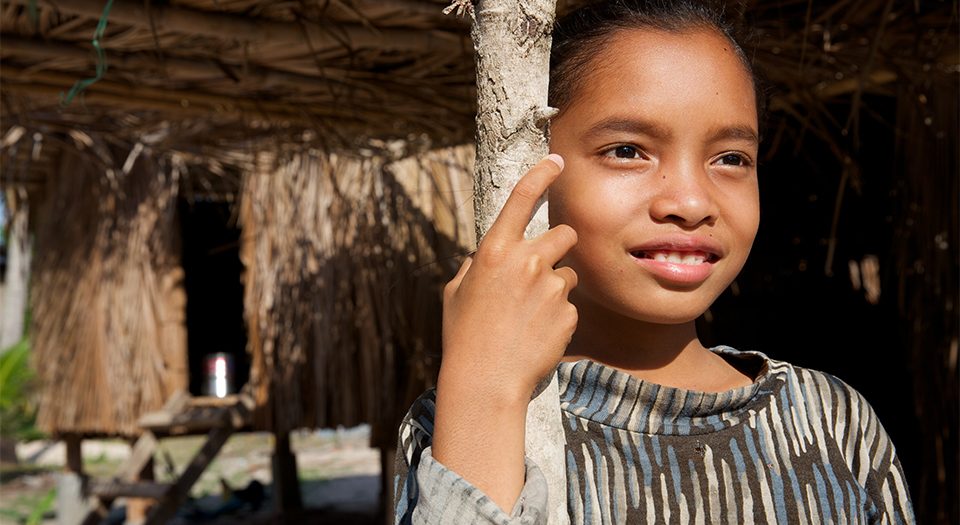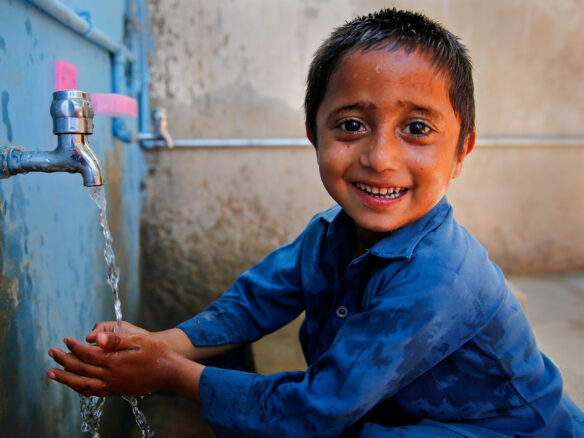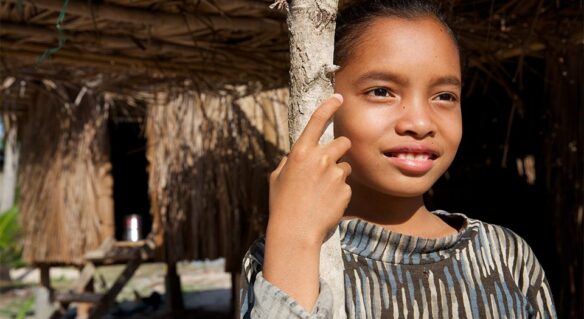Today, on the International Day of the Girl, around 300 million people are on their period – like any day. And yet, in many countries girls are ashamed and harassed when they are menstruating. And this is to the point where they choose to not even go to school, or there’s no toilet available in school where they can manage their hygiene. As a result, many miss out on their education every month or even drop out.
This is bloody serious, because a girl that gets access to school has better opportunities to be in charge of her own life. She will most likely get married at an older age and will have fewer and healthier children. For every year in school after 9th grade, her future income increases with at least 10%.
Why the taboos?
Period-shame is rooted in gender inequality. Cultural and religious traditions around periods are often derived from biased, patriarchal norms about a girl’s status and place in society. These negative attitudes around periods affect girls’ opportunities in life on multiple levels. Actually, women and girls all over the world are not allowed to leave the house, cook, take a bath, go near boys, drink milk, make sushi, use the front door or even look in the mirror during one week each month… And these are just examples.
What can we do about it?
Together with Plan International and WaterAid we battle to break the taboos, educate girls and boys around periods, provide proper and gender sensitive toilets and secure sustainable access to clean water, hygiene and sanitation. We are training district health workers, teachers and volunteers to educate young people about periods and talk about them in a shame-free way, we distribute menstrual hygiene materials in schools and we teach girls how to manage their periods – all to keep girls in school.
”This is about enabling girls and women to reach their full potential. The inclusion of girls, tackling taboos around menstruation and securing access to hygiene and sanitation facilities are paving the way for gender equality and equal access to quality education.”
Charlotte Brunnström, Program Manager, H&M Foundation


